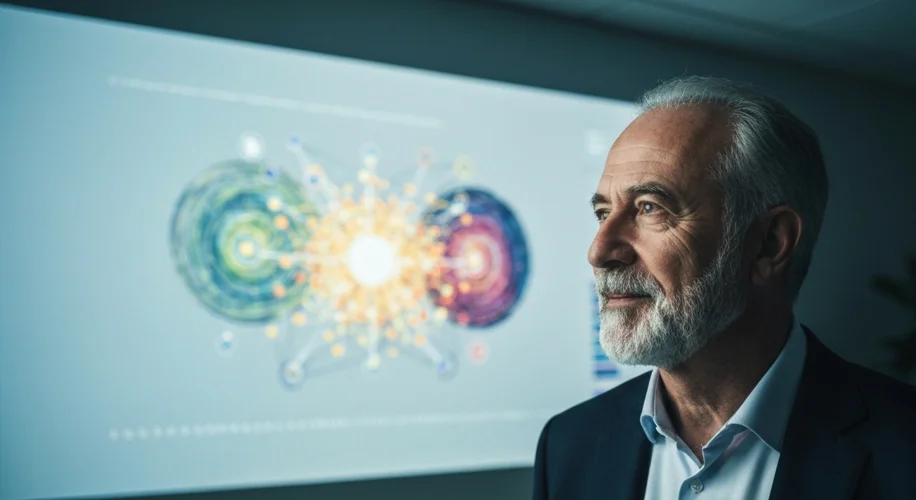It feels like just yesterday we were marveling at the capabilities of GPT-3, and now, with GPT-5 on the horizon, the pace of advancement in artificial intelligence is truly breathtaking.
As someone who’s spent a good chunk of my career in the tech world, I’ve seen firsthand how quickly new technologies emerge and reshape our lives. AI, especially generative AI like the GPT series, is no exception. But with each leap forward, we need to pause and consider the ethical implications. It’s not just about what AI can do, but what it should do, and how we manage its integration into society.
One of the most immediate concerns is the impact on jobs. We’ve already seen AI take over certain tasks, and advanced models like GPT-5 will undoubtedly accelerate this trend. While new jobs will likely emerge, the transition period could be challenging for many. It’s crucial that we think about reskilling and upskilling initiatives to help people adapt.
Data privacy is another major area of concern. These powerful AI models are trained on vast amounts of data. We need to be absolutely sure that this data is collected and used responsibly, respecting individual privacy. Who owns the data? How is it protected? These are questions we need clear answers to.
Then there’s the issue of bias. AI models learn from the data they’re fed, and if that data contains biases, the AI will reflect them. This can lead to unfair or discriminatory outcomes, whether in hiring, lending, or even creative outputs. Developers have a responsibility to identify and mitigate these biases, and we, as users and a society, need to be vigilant.
From my perspective, responsible development is key. This means building AI with safety, fairness, and transparency in mind from the outset. It also means fostering collaboration between researchers, developers, policymakers, and the public. We can’t afford to develop this technology in a vacuum.
Regulation is also an important piece of the puzzle. Finding the right balance is tricky – we want to encourage innovation, but we also need safeguards to protect individuals and society. Clear guidelines on data usage, accountability, and ethical deployment are becoming increasingly necessary.
Looking ahead, the release of models like GPT-5 presents us with a significant opportunity, but also a profound responsibility. We need to engage in thoughtful discussion, ask the tough questions, and work together to ensure that these powerful tools benefit humanity as a whole. The future of AI is being written now, and we all have a role to play in shaping its ethical trajectory.

